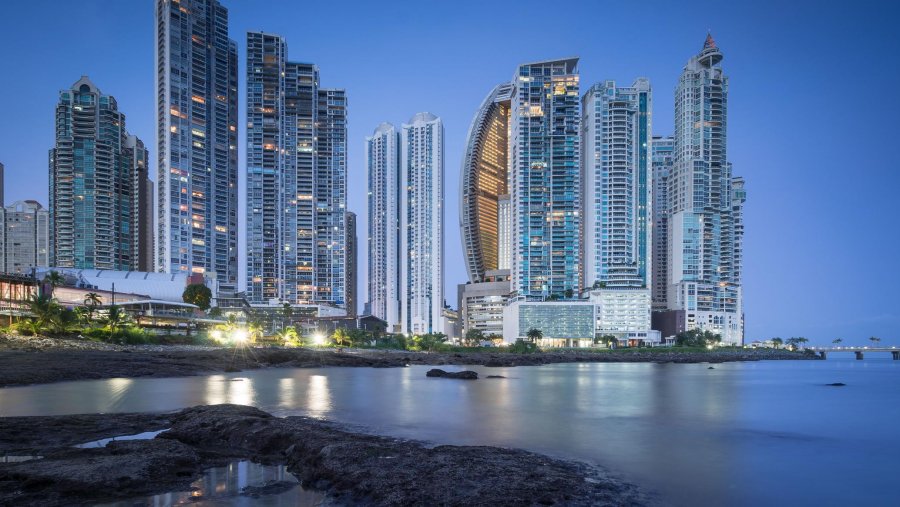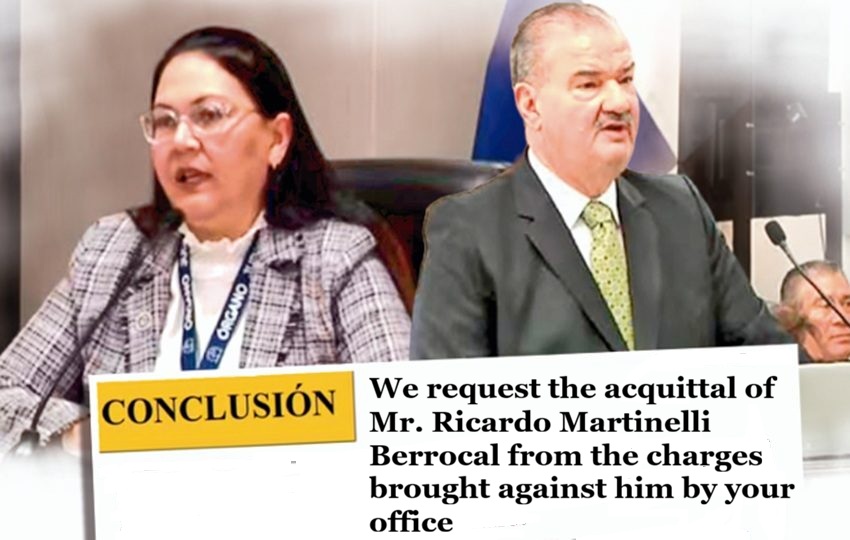How the Music Industry Powers Global Economies

Have you ever thought about how much music really contributes to the world’s economy?
We listen to songs daily, attend concerts, buy records, and stream playlists, but behind all this, there is a powerful economic engine at work. The music industry is not just about entertainment; it plays a huge role in creating jobs, generating income, boosting tourism, and building cultural value across borders.
Let’s break it down in simple words to see how music fuels growth worldwide.
Music as a Job Creator
Music is more than singers and bands. It creates jobs for countless people across different areas. From recording engineers, lyricists, producers, and event managers to sound technicians, lighting specialists, and even people selling tickets at a show, everyone is part of this system.
This means the music industry supports millions of workers across the globe, making it one of the most exciting and wide-reaching sectors for employment.
Supporting Local Economies Through Events
Concerts and festivals have a strong impact on local economies. When people travel for a live show, they don’t just spend on tickets. They book hotels, eat in restaurants, use transport services, and shop in nearby markets. This spending boosts small and big businesses alike.
For example, research on Austin’s Live Music Scene – Research Guides at Austin Public Library highlights how live performances directly add to the economy, attracting fans and visitors who spend heavily during festivals and tours. This shows how music events become major economic drivers and cultural magnets for cities.
The Growth of Digital Platforms
The shift from physical records to digital streaming has made music available to more people than ever before. With smartphones and online services, fans from every corner of the globe can enjoy their favorite songs instantly.
This digital boom has created income not only for artists but also for software developers, marketing professionals, and creative directors. The expansion of digital access has also opened doors for independent musicians, allowing them to share their art and earn fairly from their work.
Expanding Global Reach
Music has no borders. A song released in one country can trend worldwide within hours, thanks to digital platforms. This global reach encourages cultural exchange, increases visibility for diverse talent, and allows economies to benefit from shared creativity.
More people listening means more revenue from streams, concerts, and licensing opportunities.
Tourism Powered by Music
Music tourism is one of the fastest-growing cultural attractions. Fans often travel across countries to attend festivals, concerts, and live performances. This type of tourism adds billions of dollars to global economies each year.
From airfare and hotels to dining and merchandise, music tourists contribute heavily to growth. Large events also boost a city’s image, making it a hub for cultural and economic activities.
Cultural Value and Economic Benefits
When people visit a city because of its music reputation, they also engage with its culture, food, and lifestyle. This blend of culture and entertainment creates long-lasting economic benefits, as music becomes part of the identity of entire regions.
A good example is the way Economic Impact of Music reports connect cultural value with financial growth, proving how cities can use music as a tool to strengthen both culture and economy.

Education and Training in Music
Music education programs create opportunities for young learners and adults to explore their talent while building skills that prepare them for careers. Schools, academies, and workshops employ teachers and mentors, creating income for thousands of professionals.
Beyond teaching instruments or singing, these programs foster creativity, teamwork, and discipline, skills that are highly valuable in any career path.
Building Future Generations of Talent
Encouraging new artists through education ensures that the industry keeps growing. It also means more diversity in styles, which attracts different audiences worldwide.
As new generations bring fresh sounds, the global economy continues to benefit from innovation and creativity in music.
Exporting Music as a Cultural Product
Just like countries export food, fashion, or technology, music is also a powerful export. Songs, albums, and live recordings are sold worldwide, generating income for both artists and their home nations.
International collaborations further increase this exchange, strengthening economic ties between countries and bringing in revenue from licensing, distribution, and performances.
The Value of Intellectual Property
Copyright and licensing protect artists and create a structured system where their work generates revenue long after it’s created. This means a single song can continue to produce income for decades, ensuring long-term economic value. This cycle makes music a reliable and renewable resource for economies.
Music and Technology Partnership
Technology and music go hand in hand. From advanced recording studios to live streaming concerts, innovations create new ways for audiences to enjoy music. Each new platform or tool adds income streams to the industry.
For example, the integration of AI, VR, and high-quality sound equipment has opened new growth opportunities, connecting fans and artists in exciting ways. These collaborations strengthen not only the music sector but also tech-driven economies.
Encouraging Innovation and Creativity
By investing in new methods of producing and sharing music, economies keep expanding. Music encourages other sectors, like fashion, film, and advertising, to thrive, as songs are used in commercials, shows, and promotions.
This interconnection proves how deeply music contributes to multiple industries worldwide. Studies such as those connected to Palazio Men’s Club also showcase how nightlife and live entertainment build steady streams of income, adding another layer to the economic role of music.
Music as a Social and Economic Connector
Music unites people across cultures, languages, and backgrounds. When communities come together for concerts or festivals, they create a sense of unity and shared purpose.
This togetherness has a financial angle as well. Governments and the private sector invest in cultural projects because they see music as a bridge that brings people closer while building stronger economic foundations.
Community Development Through Music
Local communities often use music to attract visitors, build small businesses, and create sustainable cultural hubs. From food stalls outside music festivals to local crafts displayed at concerts, everyone benefits.
This type of economic sharing strengthens bonds and makes music an essential part of community growth.
To Sum Up
Music is not only a source of joy and creativity; it is also a strong engine that fuels global economies. It creates jobs, drives tourism, powers digital growth, encourages cultural exchange, and strengthens local businesses. Every concert, festival, and recording contributes to a system that keeps the financial wheel turning worldwide. The industry shows how art and economy can work together in perfect balance, making music a true source of both happiness and prosperity.
________________________________________________________________________________________________________________
Advertisements placed in our Guest Contribution sections are in no way intended as endorsements of the advertised products, services, or related advertiser claims by NewsroomPanama.com, the website’s owners, affiliated societies, or the editors. Read more here.





